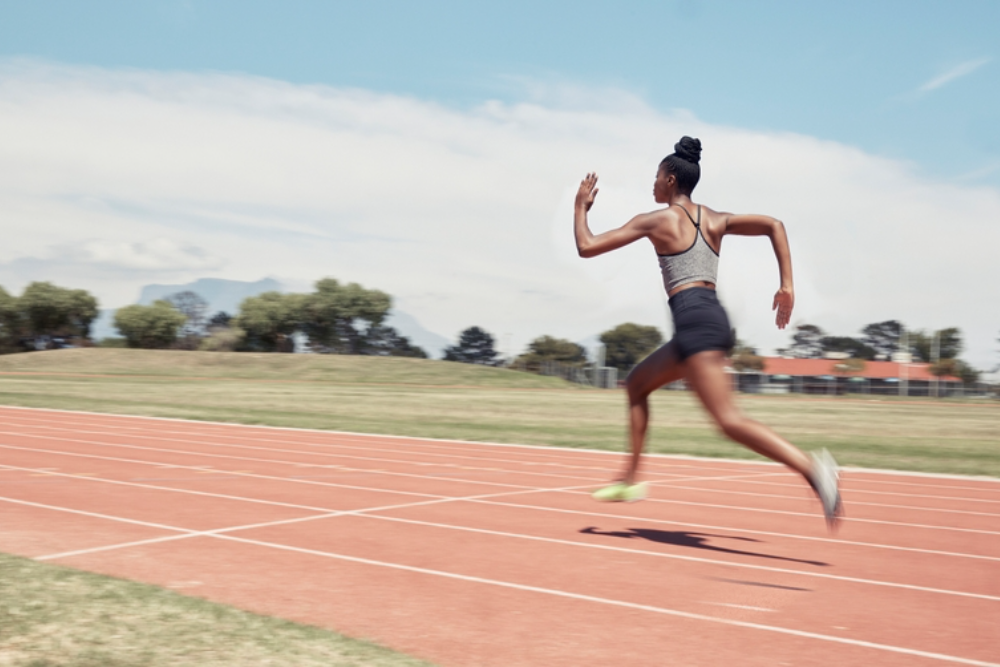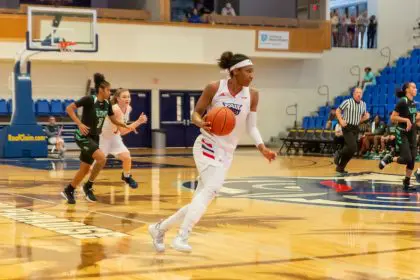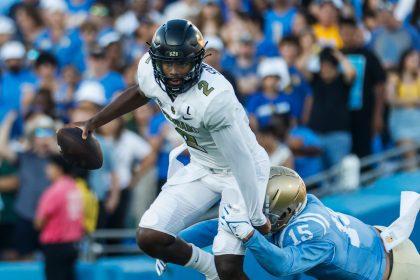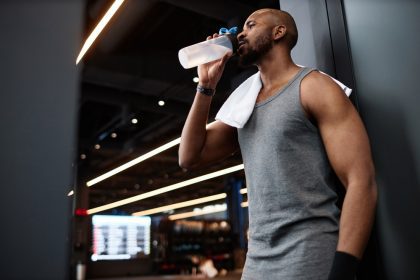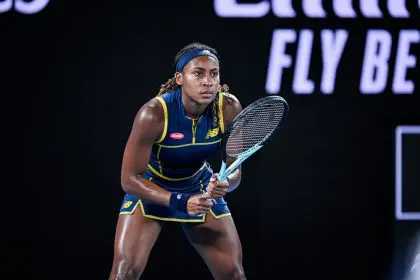A powerful new movement is sweeping through the athletic community as more competitors discover an unexpected performance enhancer: giving up alcohol. Olympic trial marathoner Sarah MacKay Robinson‘s journey began with a hangover at LAX that made her question everything.
The 8 performance-boosting benefits
- Enhanced muscle recovery: Without alcohol, the body can focus entirely on repair and growth
- Improved sleep quality: Athletes report deeper, more restorative rest
- Better hydration levels: The body maintains optimal fluid balance
- Increased energy during training: No more fighting through foggy workouts
- Sharper mental focus: Clearer decision-making during competition
- Lower heart rate variability: A key indicator of improved fitness
- Faster reaction times: Critical for competitive performance
- Stronger immune system: Less time lost to illness and recovery
A champion’s wake-up call
For Robinson, the moment of truth came after one of her proudest achievements – competing in the Olympic Marathon Trials. Holding her young child while battling a hangover, she realized something had to change. “Is this really how I want to feel after one of the biggest moments in my life?” she wondered.
The numbers tell the story
Recent data shows a 19% surge in non-alcoholic beverage sales while regular alcohol sales dropped 6.7% in January 2022. Even more striking, 35% of adults chose complete sobriety that month, signaling a major shift in attitudes toward drinking.
What happens when athletes quit
Ironman triathlete and registered dietitian Stevie Lyn Smith discovered dramatic improvements after reducing her alcohol intake. Her recovery metrics improved significantly, leading to better training sessions and race performances. Now she often goes months without drinking.
The sleep connection
While many athletes used to believe in the nightcap myth, research shows alcohol significantly disrupts sleep quality. Without alcohol, athletes report more consistent, refreshing sleep – a crucial factor in performance and recovery.
The recovery advantage
Dr. Katie Witkiewitz, director of the University of New Mexico’s addiction research center, explains that alcohol forces the body to prioritize processing it over crucial recovery processes. Eliminating this burden allows for optimal adaptation to training stress.
The mindset shift
Long-held beliefs about alcohol’s role in sports culture are changing. Athletes who once saw drinking as an essential part of team bonding and post-competition celebration are discovering that these traditions might be holding them back. “We’re seeing a complete paradigm shift,” explains sports psychologist Dr. James Morton. “Athletes are questioning customs that have been around for generations.”
Training with clarity
Without alcohol’s effects, athletes report experiencing their training in entirely new ways. Morning workouts become more productive, and the mind-body connection strengthens. “It’s like removing a filter that you didn’t even know was there,” says professional cyclist Maya Thomas, who gave up alcohol two years ago.
The hydration equation
Proper hydration plays a crucial role in athletic performance, and alcohol significantly impacts the body’s ability to maintain fluid balance. Dr. Lisa Chen, a sports medicine specialist, explains that even moderate drinking can disrupt hydration for up to 72 hours after consumption. “Many athletes don’t realize that Thursday night drinks could still affect their Sunday performance,” she notes.
Understanding inflammation
Research reveals alcohol’s surprising impact on inflammation in the body. While athletes work hard to reduce inflammation through diet and recovery techniques, drinking can counteract these efforts. Studies show that regular alcohol consumption can increase inflammatory markers, potentially slowing recovery and increasing injury risk.
The mental game
Beyond physical benefits, athletes who reduce or eliminate alcohol often experience improved mental clarity and emotional stability. Sports psychiatrist Dr. Robert Kane notes that this mental edge can make the difference in high-pressure competitive situations. “When you’re consistently clear-headed, your decision-making improves dramatically,” he explains.
Career longevity
Emerging research suggests that reducing alcohol consumption might extend athletic careers. Veterans in various sports report feeling younger and more resilient after cutting back or quitting drinking. “I feel like I’ve added years to my career,” shares professional runner Mark Davidson.
The future of celebrations
Sports organizations are getting creative with alcohol-free victory celebrations. From specialized mocktail bars at events to innovative team-building activities, the industry is evolving to support athletes who choose not to drink.
Looking ahead
As research continues to demonstrate the benefits of reducing alcohol consumption for athletic performance, experts predict this trend will continue to grow. “We’re just beginning to understand the full impact of alcohol on athletic performance,” concludes Dr. Witkiewitz. “The future of competitive sports might be increasingly sober.”

